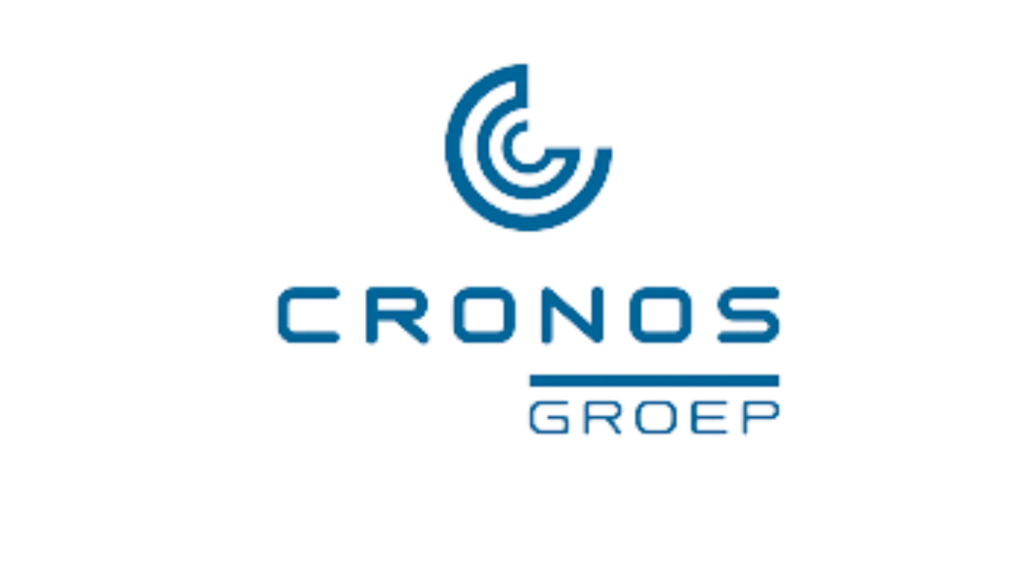5 golden tips for attracting Sales Profiles
Focus on adaptive skills
With rapid technological advances and the shift to digital interactions,
sales professionals need to be flexible and adaptive. Look for candidates who demonstrate
the ability to adapt quickly to new technologies and
sales methods, such as effective use of CRM systems, data analysis tools
and AI-driven platforms.
Relationship-oriented competences are a priority
While technological skills are important, human interaction and
relationship management remain crucial. Candidates who are strong in consultative selling, with skills
such as active listening, empathy and building long-term relationships, can significantly
contribute to customer confidence and satisfaction. Select candidates with a
proven track record in building lasting customer relationships.
Strive for data-driven decision-making
The modern sales professional must be able to easily interpret and use data to
shape sales strategies. Look for candidates with experience in data-driven
sales methods, able to analyse customer behaviour and based on that
make tailored recommendations. This requires not only analytical skills, but also
a strategic mindset to turn insights into effective sales actions.
Lifelong learning
The sales environment is constantly evolving. Sales professionals must be willing to
continually educate themselves. Invest in candidates who have an inquisitive attitude and
proactively update their knowledge and skills. Facilitate regular training and
access to the latest sales techniques and technologies to ensure that your
team is always at the forefront of the market.
Look for multifunctional skills
In a complex market, it is essential for salespeople to be able to play different roles,
from traditional salesperson to strategic advisor. Candidates who possess multifunctional
skills, such as problem-solving, strategic thinking and the
ability to act as confidants, are better able to adapt to
customers' diverse requirements. Make sure your recruitment process
identifies and values this versatility.
History
The world of sales has undergone a remarkable transformation since the earliest forms of barter. From face-to-face interactions and word-of-mouth to today's digital revolution, the role of a sales professional has evolved significantly. The sales profile over the years has changed significantly. How have these changes impacted skills and what knowledge does one need to be competitive in today's market?

The Early Days: bartering and direct interaction
In the earliest days of human civilisation, trade was mainly driven by barter and direct face-to-face interactions. Sellers relied on word-of-mouth and personal relationships to market their wares. This direct approach meant that sellers had to have in-depth knowledge of their products and build strong relationships with their customers.
19th and 20th centuries: The rise of communication technology
With the invention of the telephone and telegraph in the 19th century, it became possible to communicate without physically travelling. This introduced a new dimension in
sales techniques, where salespeople could now negotiate and sell remotely.
The 20th century saw the introduction of radio and television, which opened up new opportunities for mass communication and advertising. In 1927, the concept of marketing psychology and the AIDA (Attention, Interest, Desire, Action) formula was introduced, leading to transactional selling methods. Transactional selling focused on quick, short-term transactions with an emphasis on product features and price.
Late 20th century: consultative selling and SPIN selling
At the end of the 20th century, the sales world was enriched by the concepts of
SPIN Selling (1988) and consultative selling (1970). These methods emphasised the
importance of in-depth customer relationships and delivering tailor-made solutions
to the customer's specific needs. Salespeople were seen as advisers and
confidants, leading to long-term partnerships.
21st century: The age of the internet
The internet revolutionised sales, with a shift to digital marketing and social media. The last 20 years have brought an explosion of information and technology, which further transformed sales. Salespeople now had to develop digital skills and learn to deal with data analytics and online interactions.
Recent years: AI and data-driven selling
In recent years, the rise of artificial intelligence (AI) and data-driven selling methods has once again transformed the sales world. Salespeople now use advanced technologies to analyse customer behaviour and make personalised recommendations, leading to a more efficient and tailored sales experience.
Types of sales
Transactional Selling
Characteristics
The seller's role
Ideal profile

Consultative Selling: Customer-centric
Characteristics
The seller's role
Ideal profile

Guided Selling: The future of sales
Characteristics
Today's reality
How to differentiate
Characteristics
Tech integration
The seller's role
Ideal profile
Conclusion
The evolution of the sales profile has led to a significant shift in the skills and knowledge expected of a sales professional. From transactional to consultative and guided selling, salespeople need to adapt to the changing needs of the market and technology to remain successful.
The modern sales professional must possess not only product knowledge and persuasiveness, but also coaching skills, active listening skills and technological know-how.
The ability to build trust and be a trusted advisor is essential in today's complex buying landscape By understanding how the sales profile has evolved and what skills and knowledge are now required, organisations can better prepare their sales teams for future success.
About Dries and Sellent
Sellent, part of the Bonanza Group, specialises in providing high-quality sales services for both large and small businesses.
The company offers a range of services, including Interim Sales, giving companies temporary access to experienced sales professionals; Sales Consultancy, which focuses on developing and implementing sales strategies; Sales Recruitment, for finding the right sales talent; and Sales Training, aimed at training and coaching the next generation of sales professionals.
Sellent is known for its expertise in transforming sales organisations and optimising sales processes to improve business results.
Dries-is an experienced Sales & Marketing specialist and strategic coach with a proven track record in the B2B sector. Dries has an extensive background in coaching sales teams, developing business strategies and leading organisational transformation processes.




